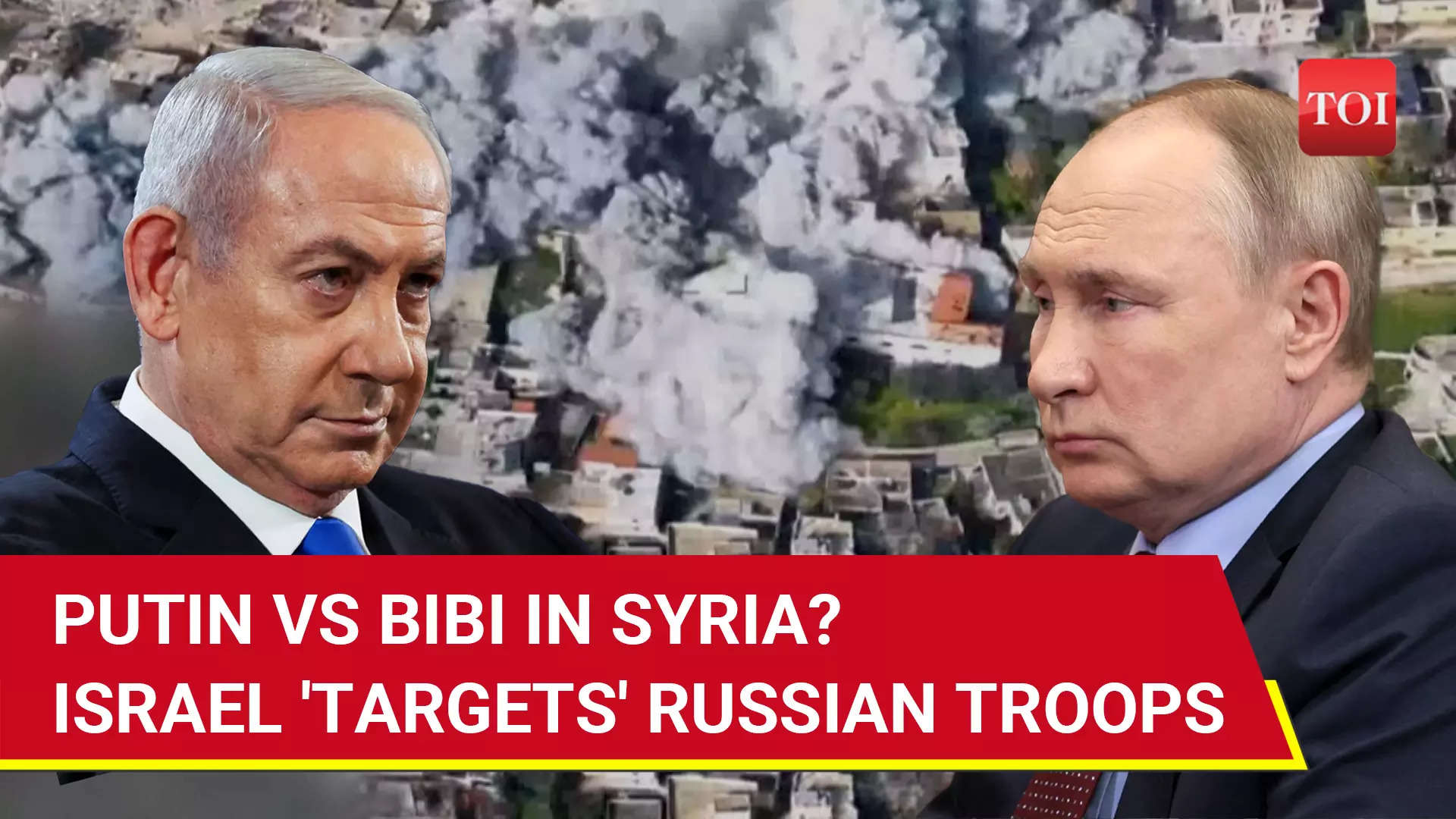 |
|
The recent Israeli airstrikes on Syrian military sites have significantly escalated tensions in the already volatile region. The targeting of areas in Tartus, home to a crucial Russian naval base, and Latakia, a former stronghold of the Assad regime, represents a bold and potentially risky move by Israel. The intensity of the strikes, described as the 'heaviest' in recent years, underscores a significant escalation in the conflict, prompting concerns about a potential wider regional conflict involving major global powers. The Syrian Observatory for Human Rights, a UK-based war monitor, confirmed the attacks, adding weight to the reports of significant damage and casualties. Eyewitness accounts, as reported by AFP, paint a vivid picture of the ferocity of the strikes, with residents comparing the experience to an earthquake. Social media footage corroborates these reports, showcasing powerful explosions in the aftermath of the attacks.
The strategic implications of these strikes are far-reaching. The targeting of the Russian naval base in Tartus is particularly significant. Russia's military presence in Syria has been a key element in supporting the Assad regime and shaping the geopolitical landscape in the region. An attack on Russian assets risks direct confrontation with Russia, a major global power with significant military capabilities. This could potentially lead to a broader escalation of the conflict, potentially involving other regional and international actors. The Kremlin's response to these attacks will be crucial in determining the immediate trajectory of the conflict. While the full extent of the damage and casualties remains unclear, the sheer scale and location of the strikes indicate a calculated risk by Israel to achieve specific strategic goals.
Beyond the immediate military implications, the airstrikes raise crucial questions about the future of the Syrian conflict and the broader regional stability. The incident highlights the complex interplay of regional and international interests in Syria, with various actors pursuing their own agendas. The long-term consequences of these actions remain to be seen, but the potential for further escalation and destabilization is undeniable. The international community needs to engage in a proactive manner to de-escalate tensions and prevent a further widening of the conflict. Diplomatic efforts must focus on preventing any escalation towards direct confrontation between Israel and Russia, which could have devastating consequences. Furthermore, the humanitarian implications of the strikes must be addressed, providing aid and support to those affected by the violence.
The choice of targets, particularly the Russian naval base, suggests a strategic calculation by Israel, potentially aimed at disrupting Iranian military activity in Syria or signaling a message of deterrence against future actions. However, this calculated risk comes with significant downsides. The potential for retaliatory action from Russia and the risk of escalating the conflict into a wider regional war remain substantial. The international community must carefully consider the implications of this aggressive move and work towards de-escalating tensions through diplomatic channels. The use of airstrikes as a tool in this complex conflict highlights the continuing challenges of finding a peaceful resolution and underscores the importance of a comprehensive and sustainable peace process.
In conclusion, the Israeli airstrikes on Syria represent a dangerous escalation of the conflict, raising significant concerns about regional stability and the risk of a major confrontation between Israel and Russia. The long-term consequences remain uncertain, but the incident underscores the urgent need for diplomatic engagement and a commitment to de-escalation by all relevant parties. The targeting of a Russian asset is particularly provocative and demands a measured response from the international community to prevent a wider and potentially devastating conflict. The immediate future will likely be defined by the reactions of Russia and the broader geopolitical ramifications of these strikes. The world watches with bated breath.
Source: Israel Invites Putin's Fury: 'Heaviest Strikes' Quake Syria's Tartus Housing Russian Air Base
